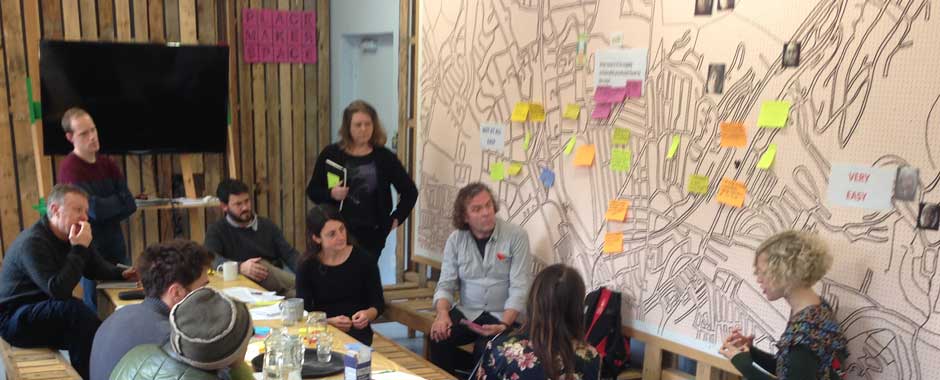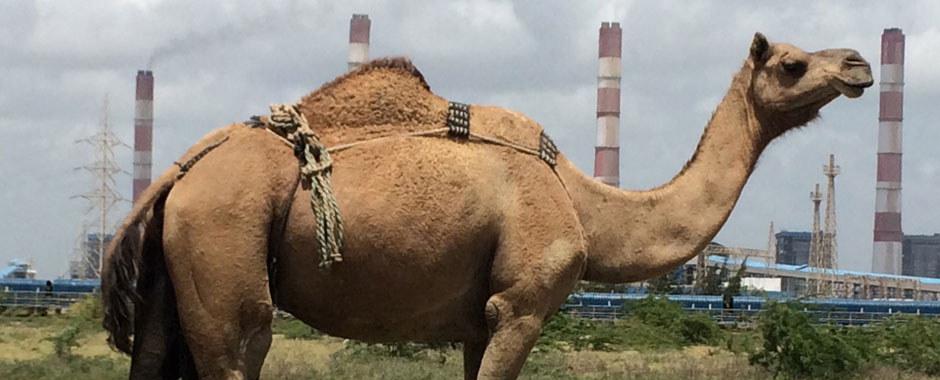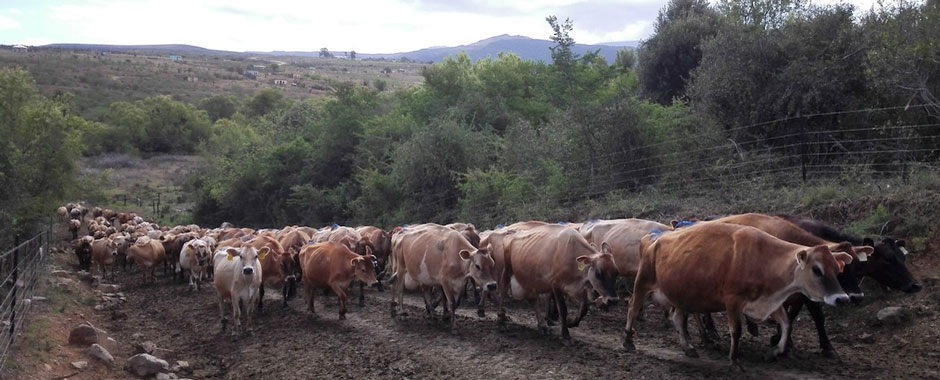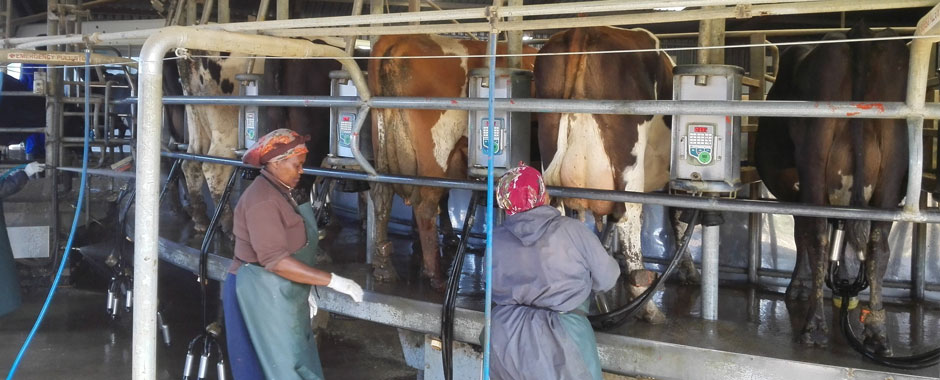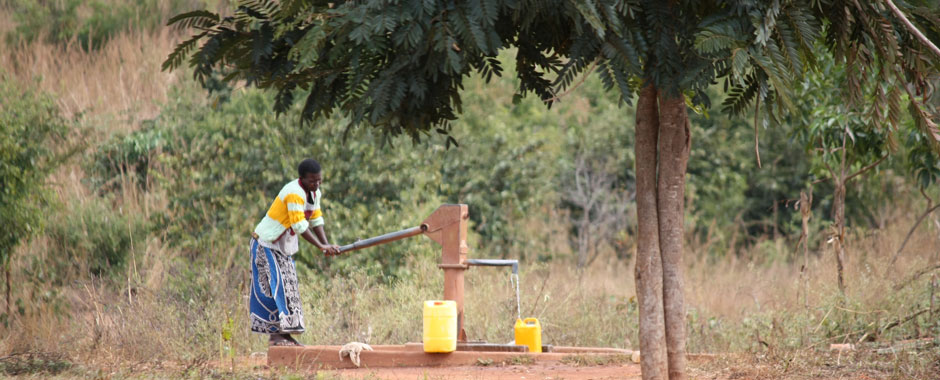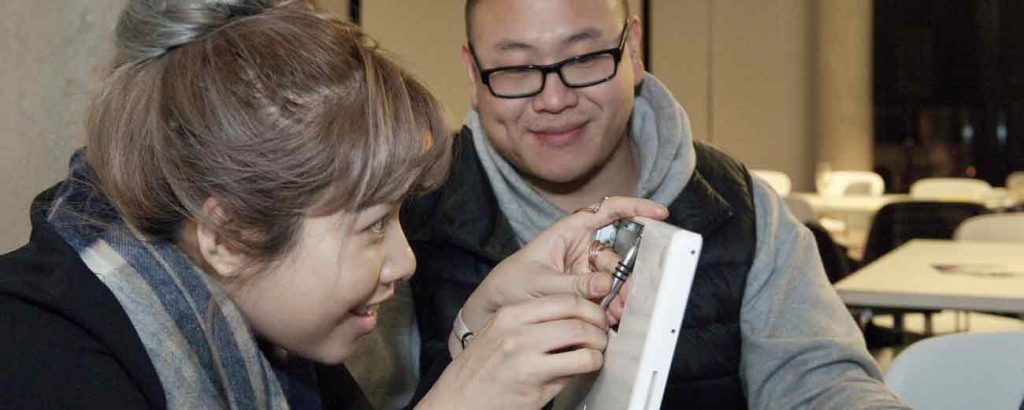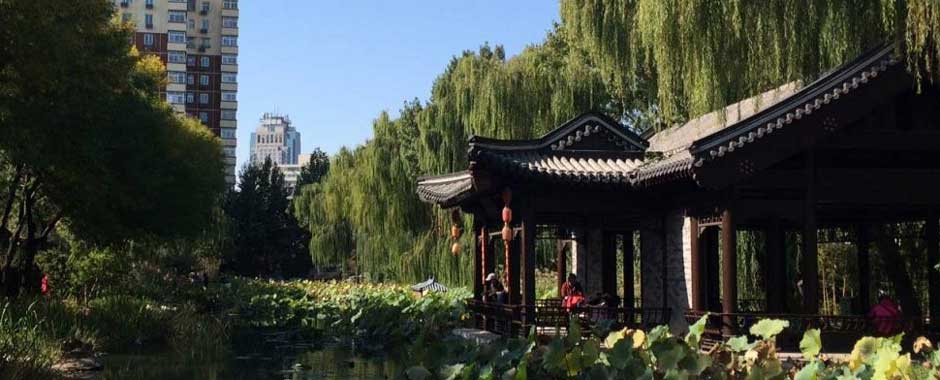Land presents both challenges and opportunities for establishing sustainable food systems. That is one of the learning points from a workshop in Brighton on 7 December 2016. Stakeholders joining the…
Why local land matters for sustainable food systems
The social life of infectious diseases: a new impact story from STEPS
A new multimedia story, ‘The social life of infectious diseases’ is the first in a new series of impact stories from the STEPS Centre. It traces how our thinking on…
Livelihoods on the edge: contested mangroves in Kachchh
There is a real buzz about Mundra village on the Gulf of Kachchh coast, one of the fastest growing industrial hubs in India. A sprawling port, two of India’s biggest…
Livelihoods and the political economy of dairy in India and South Africa
This is the second of two blog posts comparing the dairy sector in India and South Africa, as part of research from the Governing the Land-Water-Environment Nexus in Southern Africa…
Divergent Dairy: comparing pathways in India and South Africa
As a significant agricultural commodity in both India and South Africa, what role can dairy play in spurring development?
How water became a casualty of Mozambique’s debt crisis
One interesting aspect of doing fieldwork is that you get to understand some theoretical premises better. One such premise related to my PhD research is that the water/development nexus can…
Power to the people: making & politics at the Science Museum
by Cian O’Donovan and Adrian Smith The maker movement in the UK, and globally, has grown rapidly over recent years. Hundreds of maker spaces, equipped with 3D printers, laser cutters,…
Trump and Brexit: what’s the alternative?
Sometimes when you suffer trauma, you have to look elsewhere to seek out radically new ways of framing things in order to recover. This year we’ve suffered two major traumas…
COP22: Climate change and innovation
The 22nd session of the Conference of the Parties (COP22) to the UNFCCC took place from 7-18 November 2016. Read research and opinion from STEPS on what happens next. This…
Winners and losers of China’s green transformation
The willow trees and pagodas lining the shore of the canal in a newly-built park in Jishuitan, Beijing are all meant to evoke the sights and smells of the Qing…
